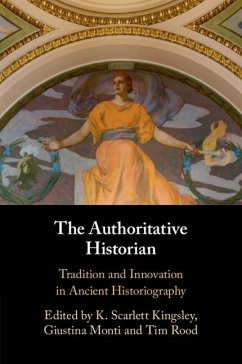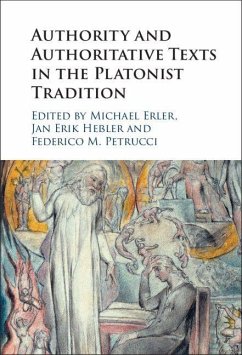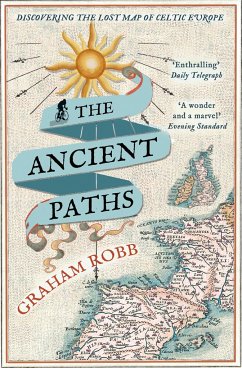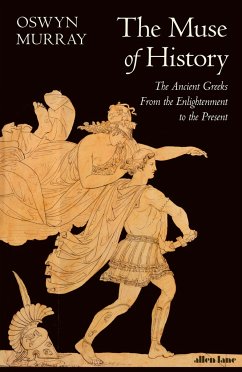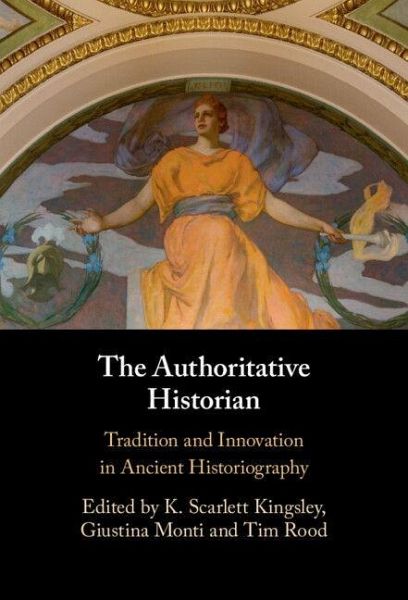
The Authoritative Historian
Versandkostenfrei!
Versandfertig in über 4 Wochen
128,99 €
inkl. MwSt.

PAYBACK Punkte
64 °P sammeln!
Explores how Greek and Roman historians frame innovations against generic tradition. Combining close readings and broader thematic analyses, the book presents a holistic vision of the development of the genre of historiography in Greece and Rome and the historian's dynamic position within this practice.





